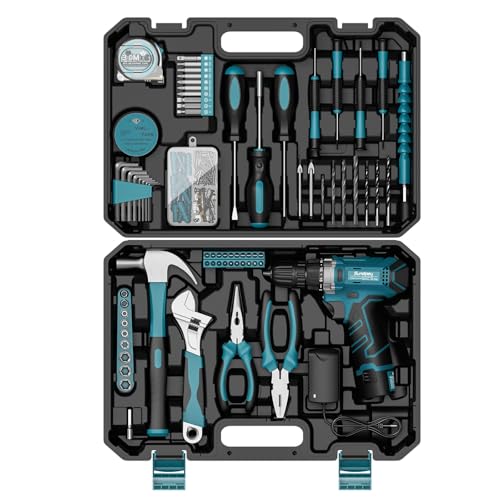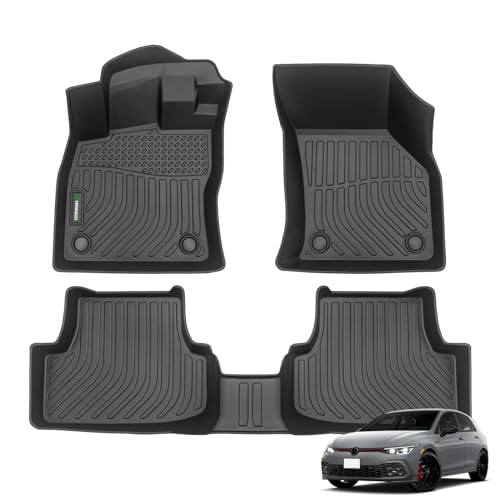Please show other industry sources supporting your statement that braking gently wears the brake pads out more quickly than braking aggressively, Victor Marshall.
Every VW dealership that measures my brake pad thickness while rotating my tires asks me how recently I did a brake job. I get both great tire life and great brake pad and rotor life on my VW's with the way I drive.
Ask any married man that complains about a wife that drives poorly hard and fast on the throttle and brakes, how much he spends doing brakes and tires on the wife's car, "because she drives with a lead foot."
Compare that to the results of "the smooth driver" that does drive fast, but doesn't tear up their equipment, or warp their brake rotors or glaze them.
Basic chemistry has elements in solid, liquid or gas phase. The higher the temperature, the more active the molecules are and in the case of brake rotors, the closer the state of the surface of the rotor gets from a solid to a liquid, the softer the surface of the rotor material gets, hence when it gets hot, it gets easier to strip off and remove both brake pads and rotor material, from friction. Dispensing the heat and keep both rotors and pads cooler while braking, extends the life of both of the brake mating materials.
It's why full metal pads in racing conditions, need to heat up some to become effective, to become "grabby" , shed material, and brake well, as well as the rotors getting hot. It's also why they don't recommend metallic pads for street day to day driving.
The other thing driving and braking aggressively with VW cars in day to day driving will do, with continued hard braking, now that VW sources cheap rotors from China, is warp your brake rotors and give you brakes that surge at the brake pedal. Really don't care if you believe me or not, it's not yet a factor on e-Golfs, but it sure affects a lot of their other models.

































